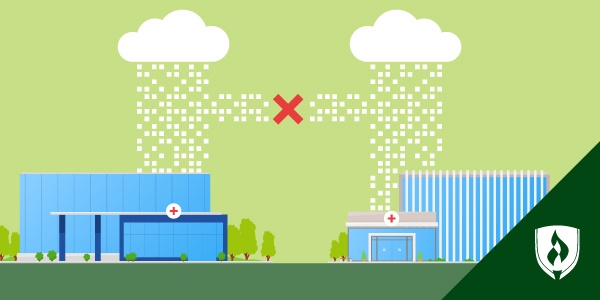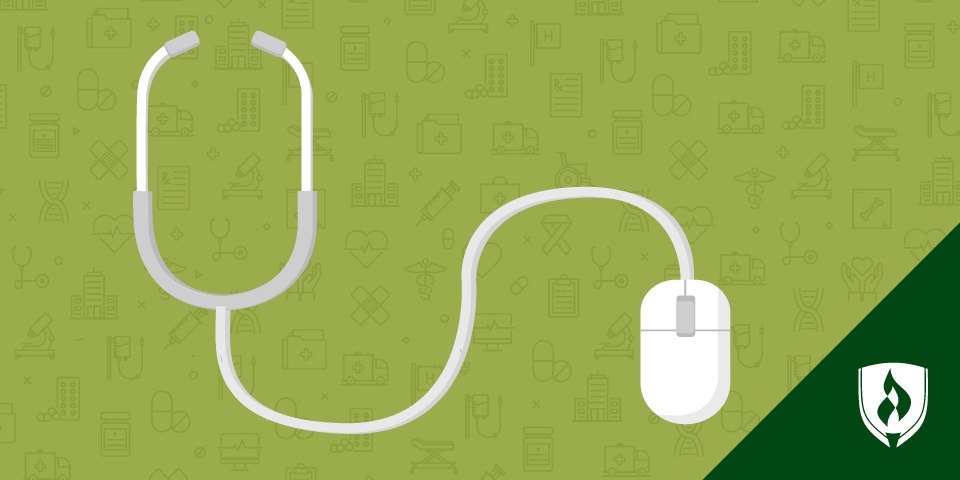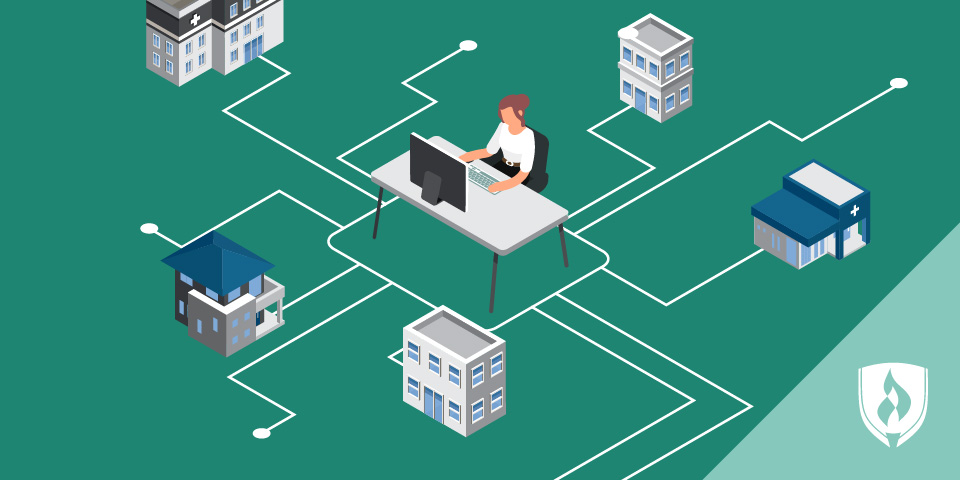Health IT Jobs: Health Informatics vs Health Information Management
By Kristina Ericksen on 06/22/2015
When it comes to your future, you know you want to launch a career in health information technology (IT). Now that you’re ready to prioritize your education in order to start pursuing your goal, you’re faced with a decision: health informatics versus health information management.
Both careers fall under the umbrella of health IT, but they require different skills, offer different opportunities and employ different types of people. This is why it’s important to research both options before making a decision.
You came to the right place. Below you’ll find a side-by-side comparison of health informatics and health information management. Review the information to get a better idea of which career is better suited to you and your career aspirations.
Health informatics vs. health information management: Education requirements
One major difference in health informatics versus health information management is the education required to pursue these professions. The road to becoming a health informatics professional involves earning a Health Information Technician (HIT) associate’s degree. Often employers also prefer hiring those with a professional certification as well. The Registered Health Information Technician (RHIT) certification is one of the most common options, according to the Bureau of Labor Statistics (BLS). This credential is obtained following the completion of an associate’s degree and involves passing an exam.
On the other hand, health information management (HIM) typically requires a four-year degree. Many of these professionals go on to pursue their Master’s degree in HIM as well, according to the U.S. Department of Labor.
Health informatics vs. health information management: Job duties & location
While both sides of the profession work with health information and technology, there are several differences in the day-to-day duties of professionals in each field.
Health informatics professionals utilize IT to store, organize and analyze clinical records. They handle highly confidential documents on a daily basis. These individuals provide organizational support for clinical databases and patient records. They collaborate with nurses and other healthcare professionals to ensure efficiency and accuracy in clinic records. A health informatics professional may also track patient outcomes, review patient records and use systems to categorize patient information.
On the other side of the coin, HIM professionals handle both the technological aspects of health information as well as the larger operations of the organization. This may include managing budgets, ensuring laws and regulations are being followed, creating work schedules and organizing records.
A health informatics professional typically works within hospitals or clinics, but may also work in a physician’s office, a residential care facility or the government, according to the BLS. HIM professionals also typically work in a hospital or clinical setting, while some find themselves working for healthcare companies, insurance companies or consulting firms, according to Explore Health Careers.
Health informatics vs. health information management: Skills needed
A health informatics professional must possess an analytical mindset in order to evaluate clinical data. They need to be able to formulate ways to measure and research data to improve clinic efficiency and patient care. They must also be technologically savvy and have a strong grasp on medical coding.
On the other hand, those pursuing HIM will need to have a good balance of technical and managerial skills. The main difference between health informatics and health information management is that HIM professionals are supervising a department or team. Skills and experience in supervising employees, understanding workflow and coordinating medical services are beneficial for HIM professionals.
HIM professionals also need to be flexible and adaptable in order to adjust to changing laws and regulations. Additionally, excellent communication abilities are helpful when working with many levels of medical staff.
Health informatics vs. health information management: Career outlook
Both career fields are expected to grow faster than average in the coming years. According to the BLS, health informatics jobs are expected to increase 22 percent through 2022 while HIM jobs are expected to increase 23 percent.* Compare these to the average 11 percent growth for all occupations and it’s clear the future is bright no matter which path you choose.*
Now you know…
Choosing health informatics versus health information management isn’t an easy decision. Both health IT careers have obvious advantages. It all comes down to your personal preferences and professional priorities.
Whichever side you decide, the next step is learning more about the education that will prepare you for your career of choice. Learn more about degrees in health informatics or health information management at Rasmussen College.
Learn more about What is Meaningful Use & How Does it Impact Your HIT Career?.
*Bureau of Labor Statistics, U.S. Department of Labor, Occupational Outlook Handbook, [information accessed May 2015] www.bls.gov/ooh/. Employment conditions in your area may vary.




